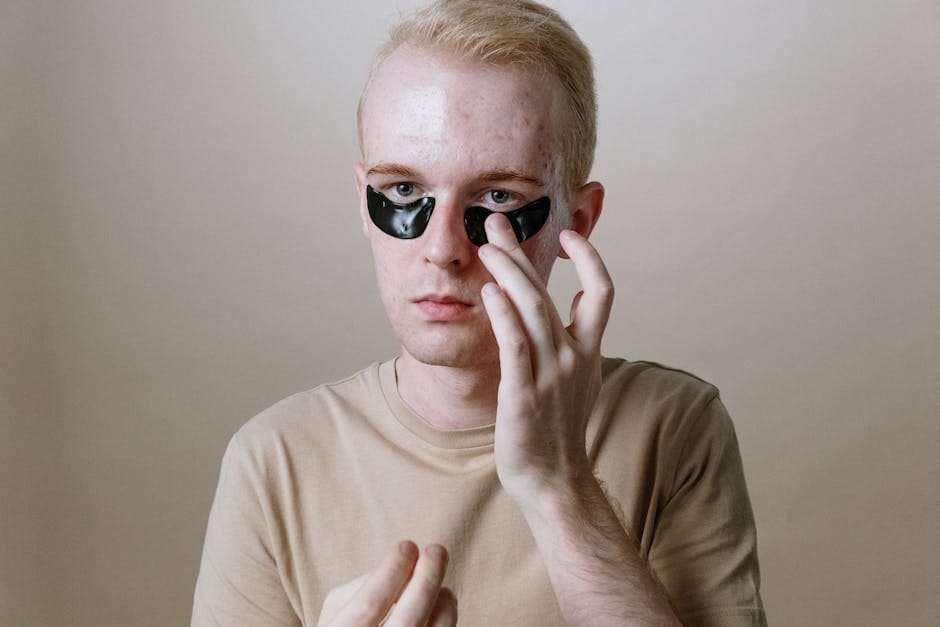Acne, a common skin condition, affects millions worldwide, often causing frustration and self-consciousness. It occurs when hair follicles become clogged with oil and dead skin cells, leading to pimples, blackheads, and whiteheads. While acne can be persistent, various effective treatments are available to help manage and clear up breakouts.
Understanding the type of acne you have is crucial for choosing the right treatment. Non-inflammatory acne, like blackheads and whiteheads, is typically treated with topical solutions. Inflammatory acne, including papules, pustules, nodules, and cysts, may require stronger medications, sometimes prescribed by a dermatologist.
Over-the-counter treatments are often the first line of defense against mild to moderate acne. Look for products containing benzoyl peroxide, salicylic acid, or resorcinol. These ingredients help unclog pores, reduce inflammation, and kill acne-causing bacteria. Start with a low concentration to avoid irritating the skin and gradually increase as needed.
For more stubborn acne, a dermatologist may recommend prescription medications. Topical retinoids, derived from vitamin A, help prevent clogged pores and reduce inflammation. Oral antibiotics can combat bacteria and reduce inflammation, while oral contraceptives can help regulate hormones that contribute to acne in some women. Isotretinoin, a powerful oral medication, is reserved for severe cases of acne that haven't responded to other treatments.
Alongside medical treatments, lifestyle changes can significantly impact acne. Washing your face twice daily with a gentle cleanser can remove excess oil and dirt. Avoid touching your face frequently, as this can transfer bacteria and irritate the skin. Choosing non-comedogenic makeup and skincare products prevents pore clogging.
Diet also plays a role in acne management. While the link between specific foods and acne isn't fully understood, some studies suggest that high-glycemic foods and dairy products may exacerbate breakouts. Focusing on a balanced diet rich in fruits, vegetables, and whole grains can contribute to overall skin health.
Managing stress is another essential aspect of acne treatment. Stress can trigger hormonal fluctuations that worsen acne. Incorporating stress-reducing activities like exercise, yoga, or meditation can help keep breakouts under control.
Remember, consistency is key when treating acne. It may take several weeks or even months to see significant improvement. Be patient with the process and follow your dermatologist's recommendations. If you're struggling with acne, don't hesitate to seek professional help. A dermatologist can help determine the best course of treatment for your specific needs and guide you on your journey to clearer skin.

